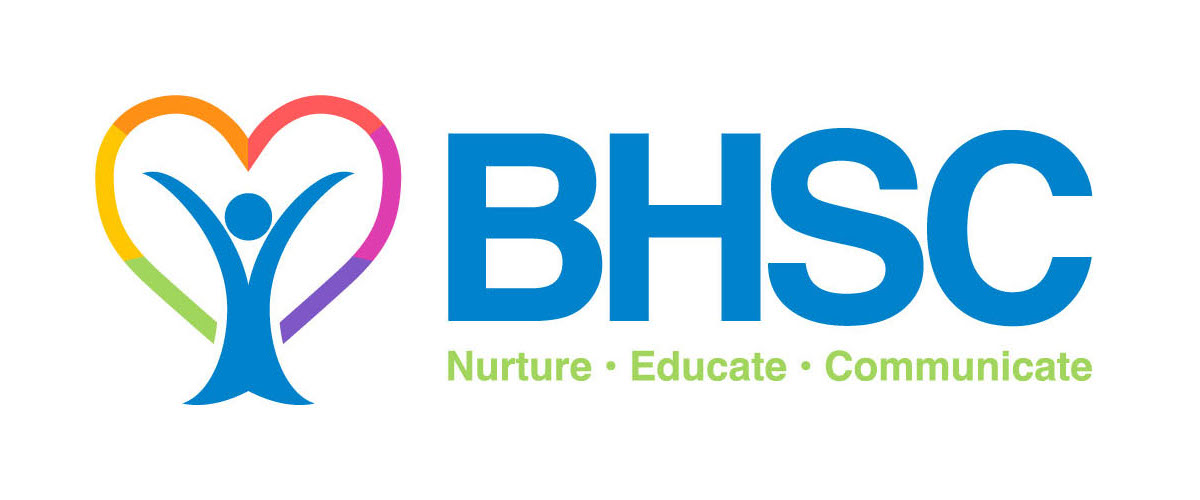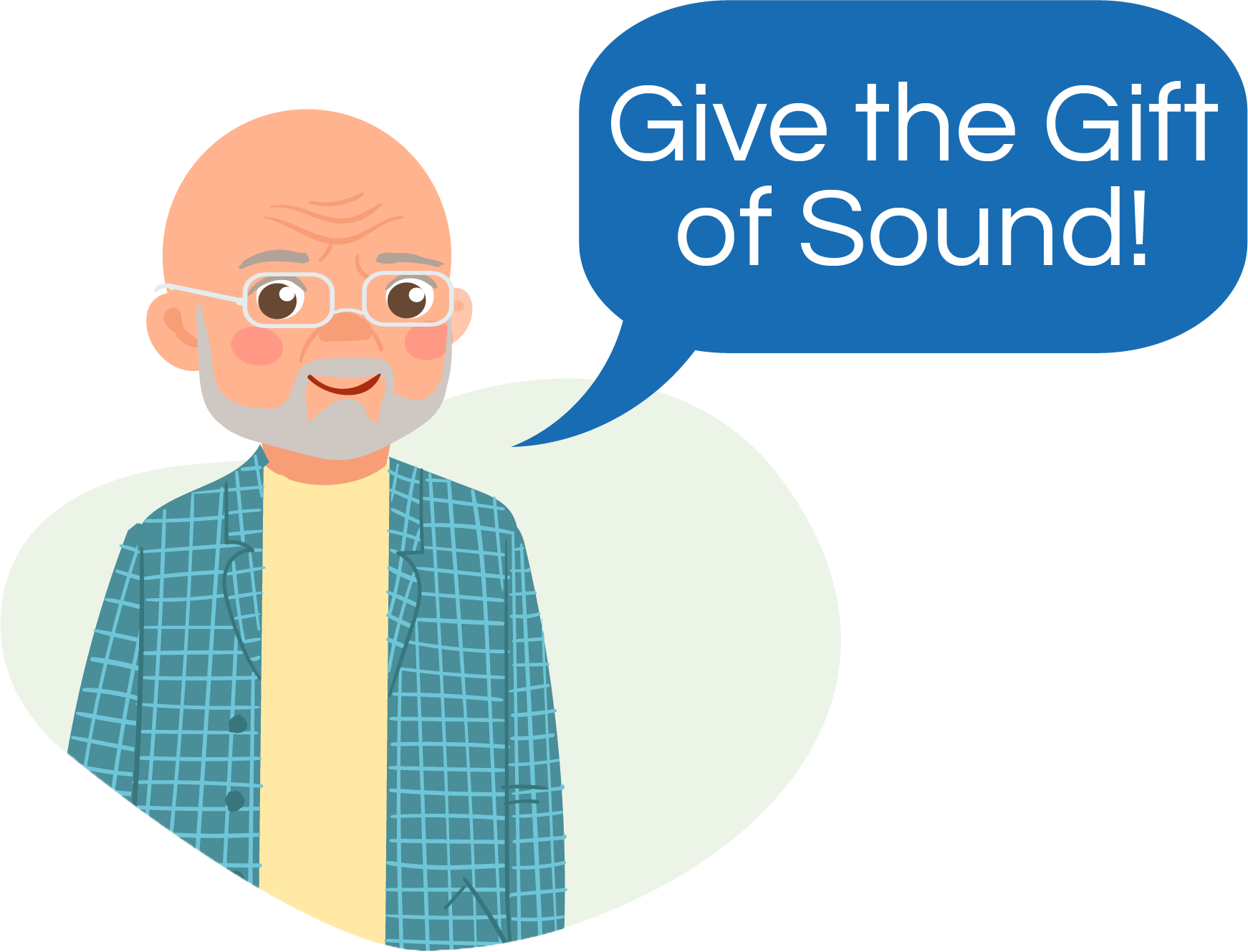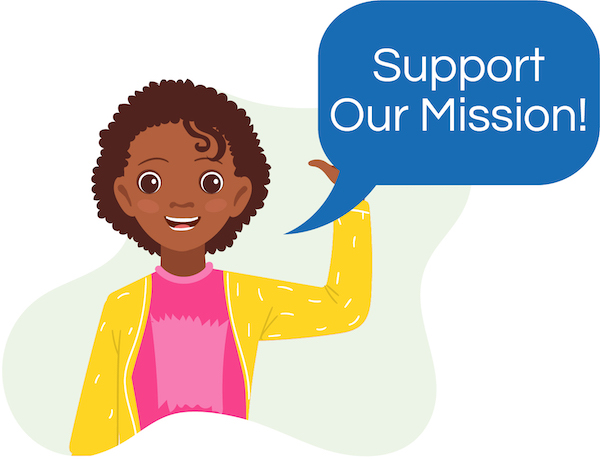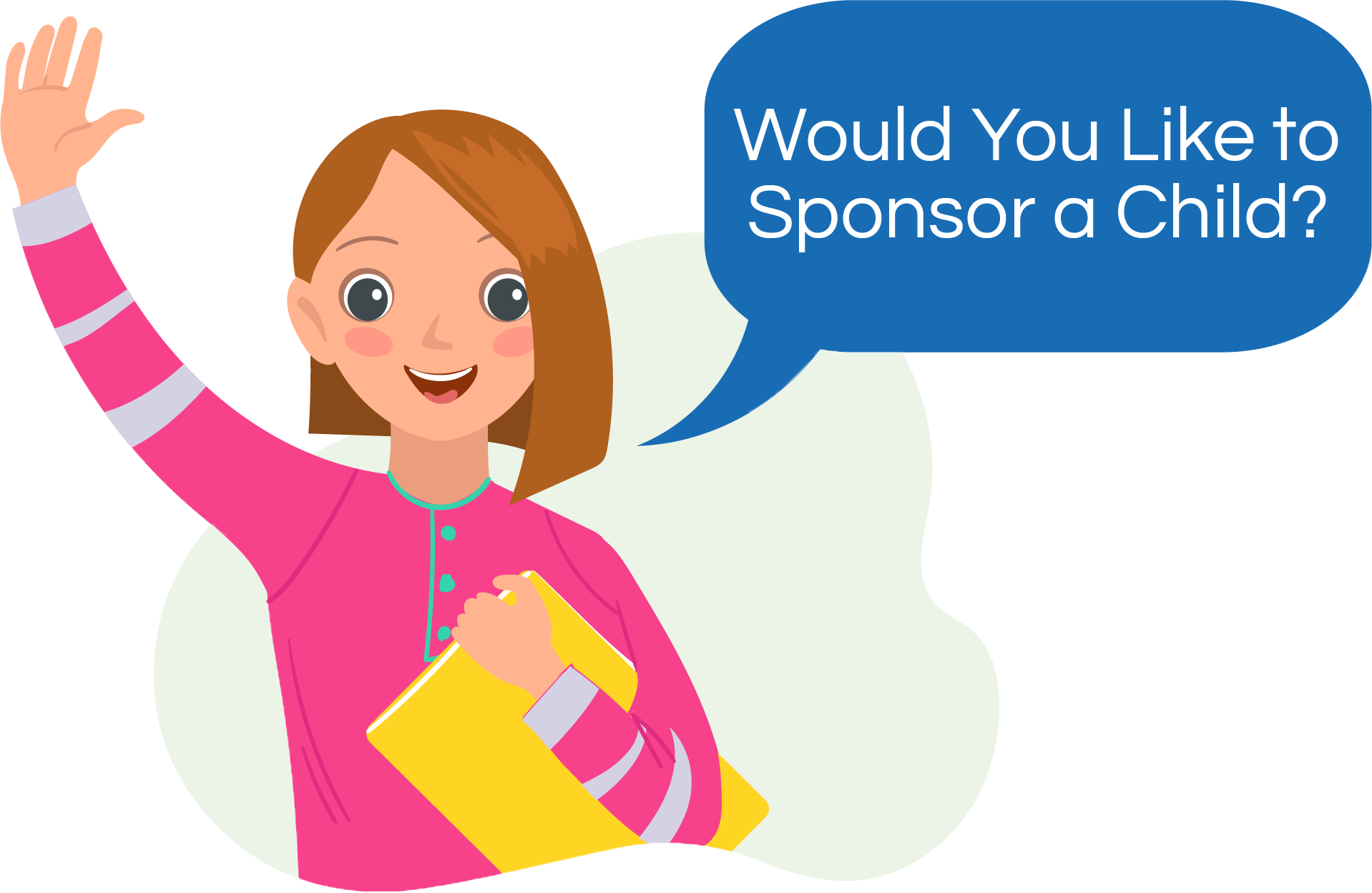Individuals with autism spectrum disorder exhibit behaviors their friends and family find challenging. However, imagine what it is like for those individuals who find the world at large a challenge. There are many behaviors that affect most people with autism. The behaviors that may interfere with children’s learning development and success may include:
- Aggression and self harm. For an example, they might head-bang or bite others.
- Social and communication problems
- Refusing or ignoring requests.
- Engaging in repetitive behaviors that become very predictable
- Restricted interests in doing certain things
- Anxiety and depression
Individuals with autism face challenges in almost every aspect of functioning. They may feel uncomfortable talking to others and are prone to meltdowns. Children and teenagers behave in these ways because they have trouble understanding what is around them.
Addressing a challenging behavior is important because sometimes adjusting the situation to change the challenging behavior may be unsuccessful. The individual may need to seek a medical evaluation or treatment if something is affecting his/her health. People with autism feel separated from the rest of the world so it is important to make them feel welcomed in order to support their efforts in living meaningful lives.
What Can You Do?
The timing of autism’s symptoms varies among different children so it is important to learn the signs as early as possible. Symptoms may appear as early as a few months of life or three years. Children without autism may have symptoms and children with autism may not show signs of most symptoms. That is why further evaluation and testing is important. Possible signs of autism within the first 16-18 months may include:
- No social smiles or excited expressions towards people
- Little to no eye contact
- No vocal sounds, babbling, or words
- No use of gestures to communicate (i.e. reaching, pointing)
- Unable to respond when the child’s name is called
What Are My Next Steps?
If your child exhibits some or all of these behaviors within the first 16-18 months of life it is important to get your child screened for autism. You do not have to wait for a diagnosis of autism to receive the necessary treatment and care. Ask your family doctor or pediatrician to refer you immediately to an autism diagnostic center for a comprehensive evaluation in order to determine if your child has autism or other developmental conditions.
To learn more about Autism Services at BHSC call 716-885-8318.




